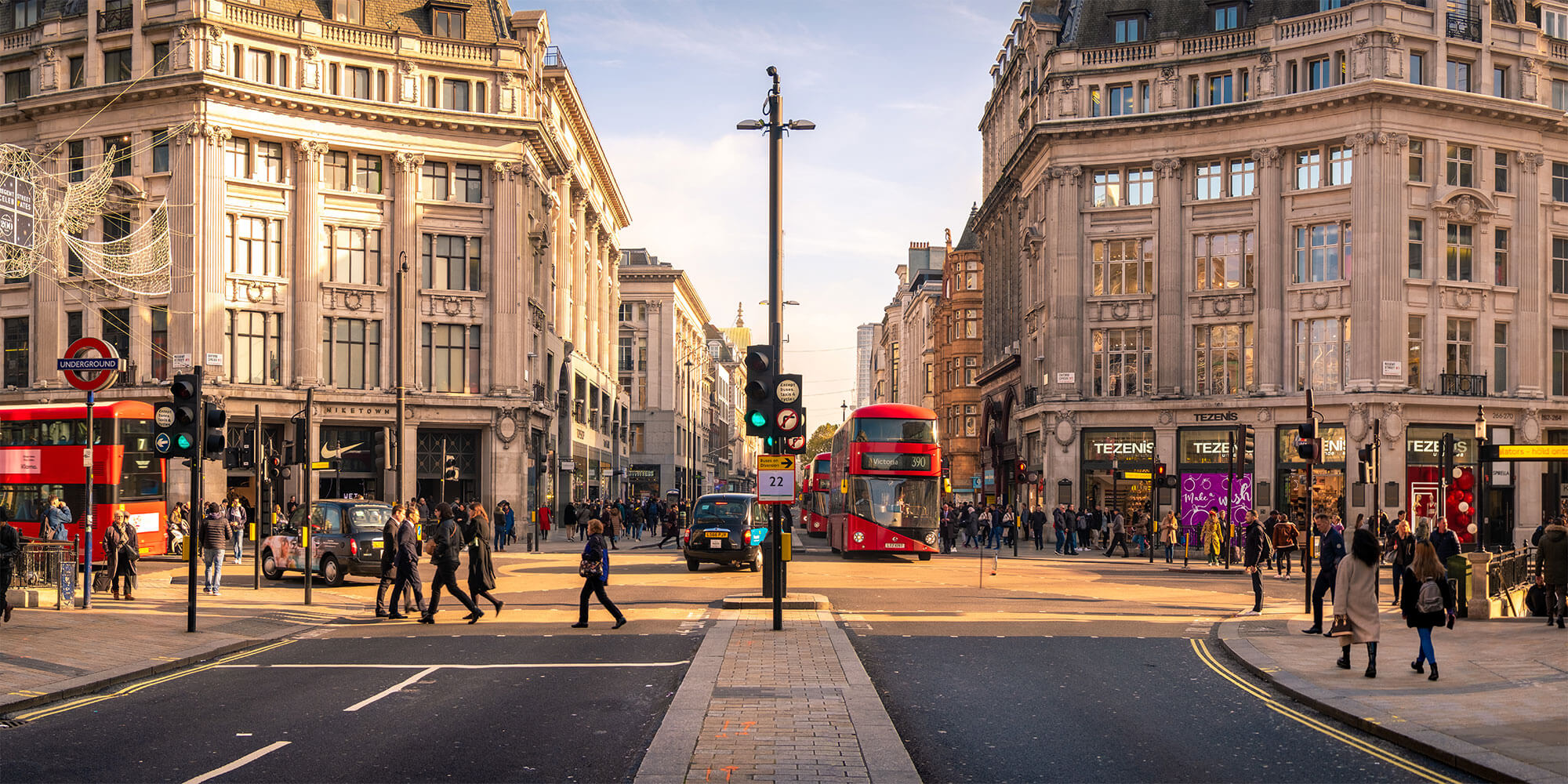Advertisement
Housing markets around the world are preparing for monumental changes post pandemic. Things are already being shaken up in the UK with high street retailers chomping for a slice of the housing pie.
In early 2020, British high street giant John Lewis & Partners announced their intention to enter the build-to-rent market, turning 20 of their now closed stores into affordable housing units. The move is part of the retailer’s five-year plan to make a staggering £400 million profit, as it battles to stem heavy losses in the face of increased competition and the Covid pandemic. The retailer has already said that 50 of its outlets that were forced to close during the pandemic would not open again, including their state-of-the-art store in Birmingham City Centre, which was only opened five years ago.
Controversial new laws enacted in September 2020 makes it easier for developers to convert commercial buildings into housing without planning permission.
The retailer has not yet provided any detail on precisely what type of housing it would be interested in developing, or whether it will seek registration with the Regulator of Social Housing. However, it is understood that two of the 20 housing units will be in London, and the others will be dotted around the country, in larger cities like Birmingham and Manchester. The 23,000-square-metre Birmingham store sits above New Street Station, the sixth-busiest railway station in the UK, making it a great option for those wanting easy access to transport links.
Advertisement
The retailer has also announced its intension to furnish the properties with their very own John Lewis Home products, and add convenience by having a Waitrose food store on the ground floor, for tenants to purchase everyday food items. There are even talks of having a full-circle product offering with a John Lewis home insurance product in the future.
The idea is backed by a Social Market Foundation (SMF) think-tank, who have suggested that – rather than trying to revitalise town centres in their current form – the UK government should learn from countries like Canada, America and China, which have successfully turned empty shopping arcades into residential hubs with shops, restaurants and entertainment facilities.
The changing face of the UK high street
Profits at John Lewis fell 65% in the year to January 2020, so the department store was already knee deep in difficulty, even before COVID-19 spurred the trend for online shopping. Alongside rivals like Debenhams and House of Fraser, they have struggled to adapt to changing shopping habits, especially at their larger sites with long leases. Debenhams has since gone into administration, and House of Fraser has shut numerous stores.
The shift to working from home and the disappearance of day trippers and tourists since the coronavirus outbreak have left previously busy high streets in big cities like London, Birmingham and Manchester quiet, which has forced surviving retailers to adapt or face becoming obsolete.
The fight for survival on the high street
Breaking away from the retail sector is not something new for John Lewis. Just last month, the Westminster City Council approved plans for them to convert almost half of their London flagship store on Oxford Street into office space. The three floors currently house children’s ranges, electrical goods, kitchen and bathroom departments, as well as dining areas.
The plans leave only four floors of retail space below the three new office floors, with a new bike parking area penned for the lower basement. The very top floors of the store, which has been trading since 1864, are already largely office and storage space. The roof garden dining area on the sixth floor is expected to remain.
Although the retailer has made it clear that they have no immediate plans to alter the building on Oxford Street (their largest and oldest shop), obtaining the planning permission, which lasts for a decade, gives them the flexibility to make significant changes to bolster efficiency as and when the need arises. Being prepared for the unexpected is, it seems, a lesson John Lewis has learned the hard way.



